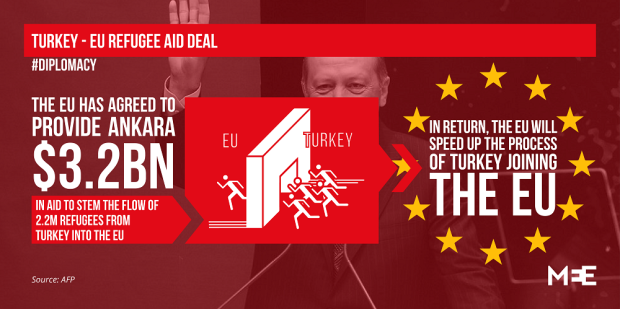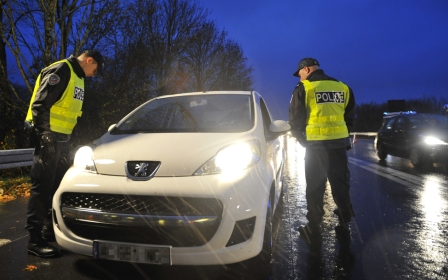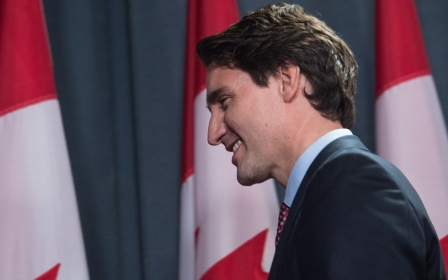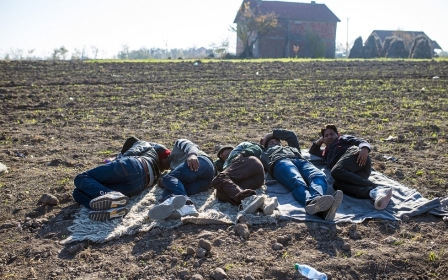Turkey and EU agree to a $3bn refugee aid deal
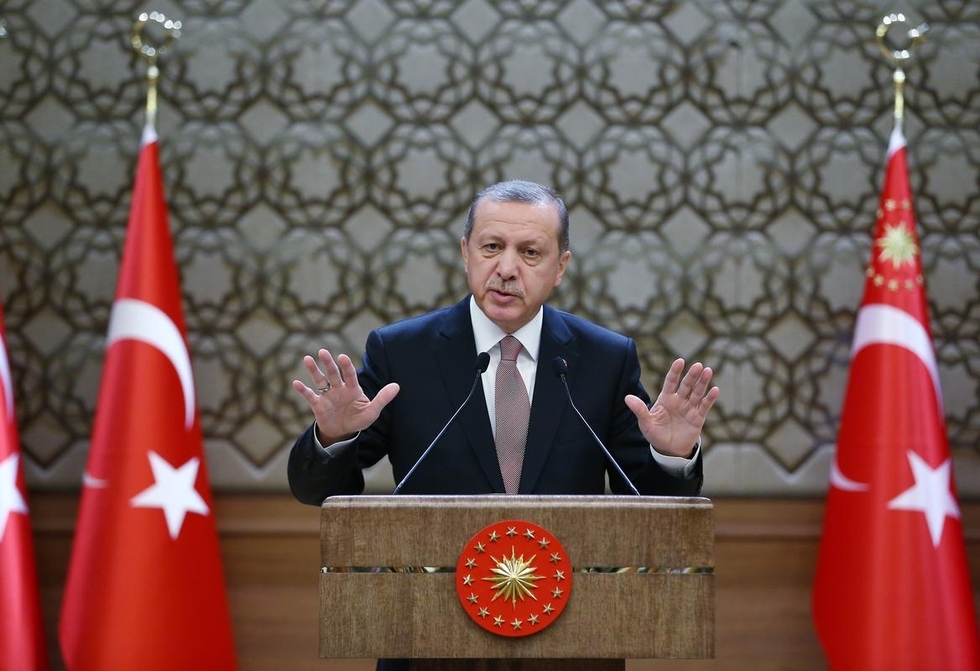
Turkey and the European Union agreed at a summit on Sunday on a "historic" three-billion-euro ($3.2 bn) aid deal to stem the flow of Syrian refugees and other migrants to Europe.
Ankara will try to halt refugees hailing from Syria who are migrating to Europe while the EU will begin the process for European Union membership for Turkey, EU president Donald Tusk said.
Turkish Prime Minister Ahmet Davutoglu said it was a "historic day" and vowed that his country would keep its promises, in the face of scepticism from some countries in the 28-member EU.
"We expect a major step towards changing the rules of the game when it comes to stemming the migration flow that is coming to the EU via Turkey," Tusk told a press conference with Davutoglu and European Commission chief Jean-Claude Juncker.
"We will also step up our assistance to Syrian refugees in Turkey through a new Refugee Facility of three billion euros," the former Polish premier added.
Turkey's progress in meeting the terms on the deal would be reviewed at least once a month, Tusk said.
A long history of wariness between Brussels and Ankara, coupled with European concerns over human rights and Turkey's role in the Syrian conflict, including the shooting down of a Russian warplane in the last week, made the negotiations difficult.
Juncker insisted that the three billion euros "are not being given with no strings attached".
He also added that despite the deal "we have not forgotten the differences that still remain with Turkey over human rights and freedom of the press, and we will return to them".
Two Turkish journalists charged with "spying" over their reports about Ankara's alleged arms supplies to Syrian rebels had urged the EU on Saturday not to compromise on rights at the summit.
Davutoglu, who was standing in for Turkish President Recep Tayyip Erdogan, said the deal would "re-energise" Turkey's EU accession process, which has made little headway since it started in 2005.
"This is a historic day and a historic meeting, the first meeting of this kind since 11 years," the Turkish premier added.
"Turkey will be fulfilling all the promises of the joint plan," he said, adding that "this three billion euros is to be spent for refugees in Turkey, it's not for Turkey."
Turkey will try to stem the flow of refugees migrating to Europe through naval patrols and border checks.
"Results must be achieved in particular in stemming the influx of irregular migrants," a joint Turkish-EU statement read.
"Both sides will, as agreed and with immediate effect, step up their active cooperation on migrants who are not in need of international protection, preventing travel to Turkey and the EU ... and swiftly returning migrants who are not in need of international protection to their countries of origin."
Fuelled by the Syrian war, some 850,000 people have entered the EU this year and more than 3,500 have died or gone missing in what has become Europe's worst refugee crisis since World War II.
Turkey is the main gateway for migrants and refugees to reach Europe, and Germany has pushed for the summit as it is the main destination for most of the people arriving in the bloc.
Under the agreement, Turkey plans to take steps including cracking down on traffickers and cooperating with the EU on the return of people who do not qualify as refugees.
Turkey will meanwhile get its wish for the acceleration of its bid for membership of the EU, with only one of 35 so-called "chapters" in the accession process completed in a decade of stop-start talks.
The EU agreed to open Chapter 17 of Turkey's accession process - covering economic and monetary policy - by mid-December. It also agreed to have two summits with Turkey each year.
But the summit conclusions deliberately left future steps vague, saying that preparations for the opening of further chapters would start in the first three months of 2016, but dropping a mention of five chapters that had appeared in an earlier draft.
Brussels also committed to easing the rules for visas to visit the EU's Schengen passport-free area by October 2016, a major demand by Ankara.
The talks were complicated by resistance in particular by Cyprus, due to decades of tensions with Turkey on the divided east Mediterranean island.
The case for cooperation with Turkey comes against a backdrop of growing security concerns over the migrant crisis, especially after the November 13 attacks in Paris, claimed by the Islamic State group (IS), which left 130 people dead.
New MEE newsletter: Jerusalem Dispatch
Sign up to get the latest insights and analysis on Israel-Palestine, alongside Turkey Unpacked and other MEE newsletters
Middle East Eye delivers independent and unrivalled coverage and analysis of the Middle East, North Africa and beyond. To learn more about republishing this content and the associated fees, please fill out this form. More about MEE can be found here.


